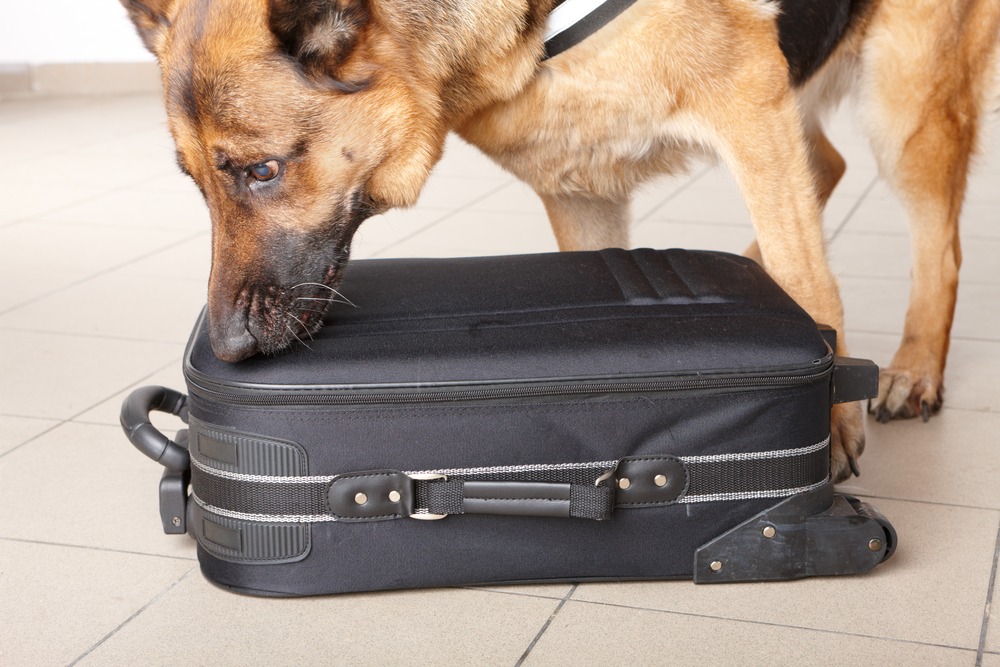
The Transportation Security Administration (TSA) and Department of Homeland Security (DHS) would be directed to develop a domestic breeding network to produce and train bomb-sniffing dogs under a bill advanced by the House Homeland Security Committee on Tuesday.
The Domestic Explosives Detection Canine Capacity Building Act of 2017, H.R. 4577, would direct DHS and TSA to build relationships with domestic breeders, veterinarians, and industry groups to establish breeding standards based on the most up-to-date canine science.
U.S. Rep. Lou Barletta (R-PA), an original cosponsor of the bill, noted that the University of Pennsylvania is one of two American universities with expertise in bomb-sniffing dogs and dog breeding.
“They have trained 75 dogs over the past five years with a very high, 93 percent graduation rate for detection work,” Barletta said. “I think if we leverage the expertise of universities like UPenn, we can really develop a robust American-bred dog network for explosive detection In a time of increasing dangers from terrorism, America needs to focus resources on combating that threat. This bill will utilize our nation’s tremendous knowledge and research expertise, provided by schools like UPenn, to develop a critical resource in America’s fight against terrorism.”
Cindy Otto, the director of the Penn Vet Working Dog Center at the University of Pennsylvania School of Veterinary Medicine, said dogs represent one of the most effective means to prevent terrorism. However, dogs are in short supply because most programs rely on foreign dogs, she added.
“An American-bred Explosive Detection Dog network represents a tremendous opportunity to apply scientific principles to increase the availability, health, and success of detection dogs in support of national security,” Otto said. “The knowledge that we have gained over the past 5 years at the Penn Vet Working Dog Center gives us the confidence that a collaborative breeding program will fill this critical need.”